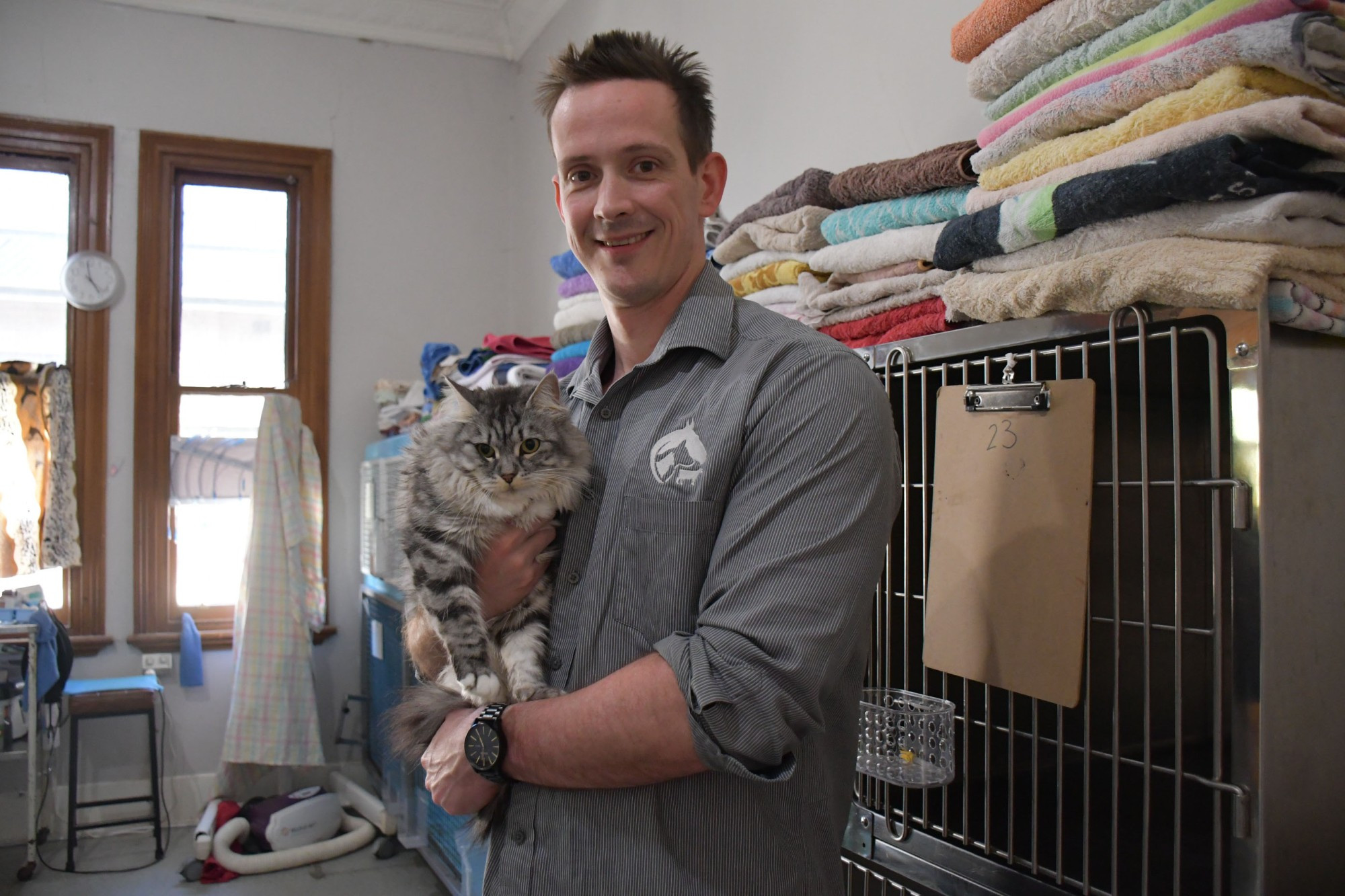General News
20 November, 2023
Vaccine shortage to impact local felines
The effects of a nationwide cat vaccination shortage will soon be felt locally, with vets warning residents that shots will become harder to come by in the coming weeks. The vaccine shortfall, caused due to COVID-related supply issues, will likely...

The effects of a nationwide cat vaccination shortage will soon be felt locally, with vets warning residents that shots will become harder to come by in the coming weeks.
The vaccine shortfall, caused due to COVID-related supply issues, will likely only be resolved in the first quarter of 2024 — with Maryborough Veterinary Practice already cutting down the number of shots given to kittens, whereas adults are not being vaccinated at all, unless necessary.
In Australia, RSPCA states, the standard vaccination for cats is ‘F3’ — a vaccine that protects against feline panleukopenia, feline herpesvirus, and feline calicivirus.
“It’s a serious issue and the vaccine protects a lot of cats from a range of infectious diseases which is particulary important if they’re going into high density situations such as catteries or shelters,” the local practice’s co-owner Dr James Chadwick said.
“Many clinics are already completely out of the vaccine and we will probably run out very shortly.
“Currently, young kittens are getting two instead of three shots and we’re not giving vaccines to older cats unless they’re going to the cattery but we anticipate we’re going to run out and at some stage won’t have any vaccine to give.”
According to the RSPCA, while the shortage is acute, there is no need to panic as most cats that have been previously vaccinated, are likely to retain a certain level of immunity — as for kittens, pet owners can take steps to manage the risk of exposure.
“The simplest and most effective measure is to keep your cat indoors. This is particularly important if they are young (under six months), or if they have not had at least two previous vaccinations. This will prevent them being exposed to other cats and/or to contaminated environments,” the organisation said.
Dr Chadwick reiterated the message, and said that was the best way to protect your pet and encouraged owners to plan ahead as they might not be able to leave their cat in a cattery this holiday season.
“People may need to make alternative arrangements,” he said.
“The best thing right now is to ensure your cat stays inside — make sure they’re not going out and if you adopt a kitten now, it’s important to note that it may go unvaccinated for a while.
“If you have multiple cats, and one displays signs of infectious disease, isolate it from the other cats and [monitor for symptoms].”
For more information on how to best protect your cat, visit www.rspca-act.org.au